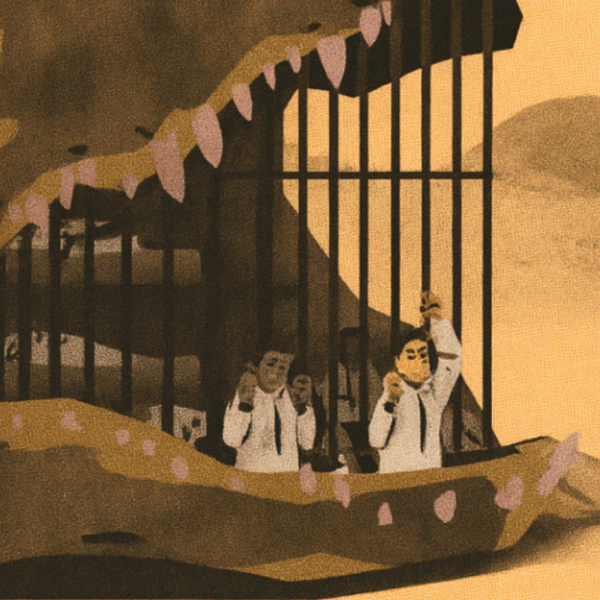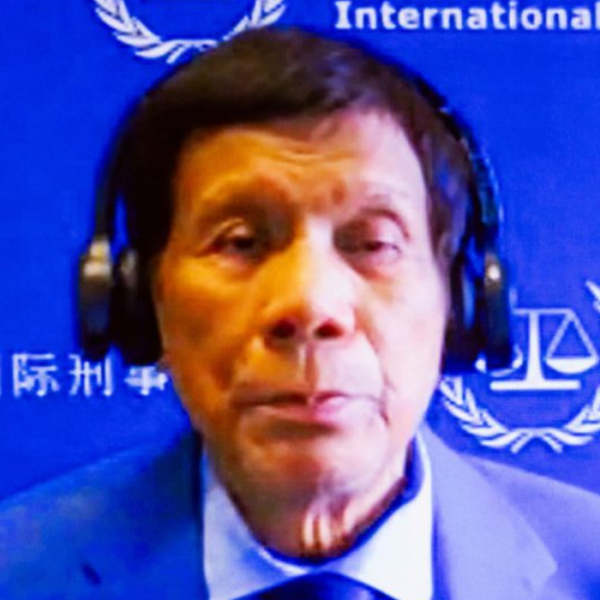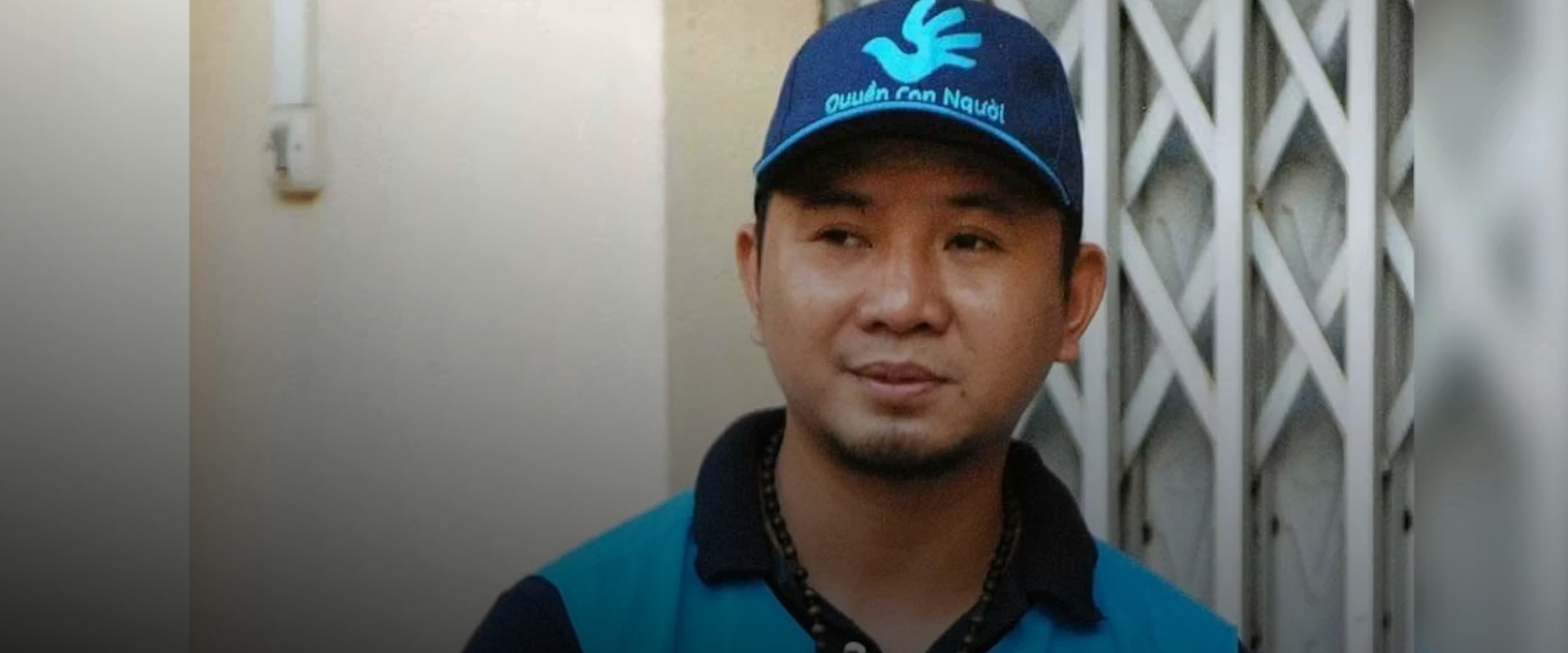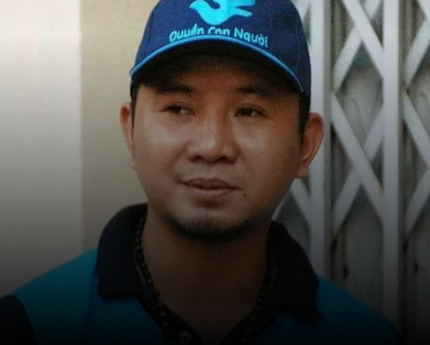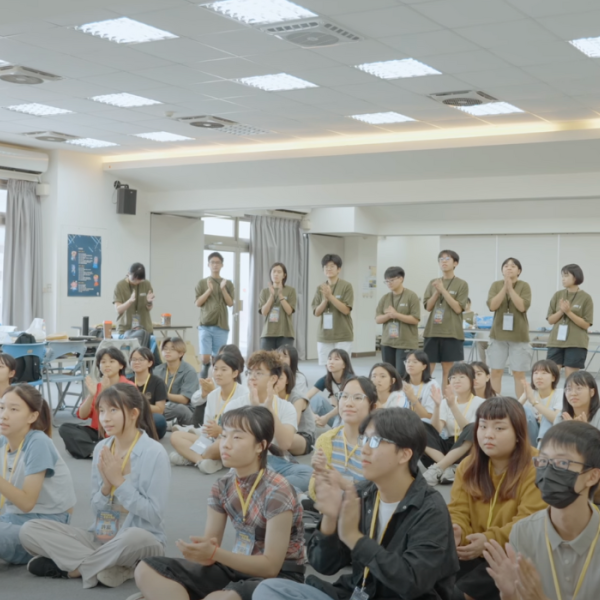Egypt: Human rights must come first at critical moment
AMNESTY INTERNATIONAL
Press Release
10 February 2011
Amnesty International has today urged Egypt’s authorities to end 30 years of repressive emergency rule and allow ordinary Egyptians to fully participate in shaping the country’s future.
The organization called for a curb on the sweeping powers of security forces, the release of prisoners of conscience, and for safeguards against torture to be introduced in a new human rights action plan addressed to the country’s authorities.
Egypt: Human rights must come first at critical moment
Amnesty International has today urged Egypt's authorities to end 30 years of repressive emergency rule and allow ordinary Egyptians to fully participate in shaping the country's future.
The organization called for a curb on the sweeping powers of security forces, the release of prisoners of conscience, and for safeguards against torture to be introduced in a new human rights action plan addressed to the country's authorities.
"Egyptians have suffered under a state of emergency for three decades; the decisions made in this momentous period will be critical for Egypt and the region," said Claudio Cordone, Senior Director at Amnesty International.
"Those now in power should view the activism on the streets of Cairo and other cities not as a threat, but as an opportunity to consign the systematic abuses of the past to history. Political transition must involve the people and foster respect for human rights."
The call came as unrest and political uncertainty continued to grip Egypt, with protesters gathered in Cairo's Tahrir square demanding human rights and calling for political reform.
The state of emergency that has endured since President Hosni Mubarak came to power in 1981 has led to widespread human rights violations.
Amnesty International's Human Rights Agenda for Change demands that the Egyptian authorities take concrete actions as part of a political transition. It reflects longstanding demands made by Egyptian civil society. The concrete steps the authorities must take include:
· The state of emergency must be lifted immediately, arbitrary arrests halted and the whereabouts of all those detained revealed.
· The authorities must publicly condemn torture and move swiftly to eradicate it. Allegations of torture must be investigated, the perpetrators brought to justice and reparations provided to the victims.
· The authorities must order independent investigations into all cases where the security forces are reported to have used excessive force.
· Egyptians must be allowed to speak and act freely. The authorities must not criminalize the peaceful exercise of the rights to freedom of expression, association and assembly.
· The Egyptian judicial system must be reformed to ensure its independence and provide oversight of the security forces.
· The underlying demands of the current protests must be urgently addressed by ending discrimination against women and minorities and an adequate standard of living ensured for the whole population.
"This is a real test of leadership for the Egyptian authorities. Human rights reform must begin now," said Claudio Cordone.
"The Egyptians who have come out in force in recent weeks have been waiting 30 years change, and they must now be able to participate meaningfully in shaping their future."
Background
A Global Day of Action for Egypt, a series of solidarity demonstrations held in around 20 countries including the UK, Australia, USA, Spain, France, South Korea and Norway, will be held on Saturday 12 February.
Public Document******************************
For more information please call Amnesty International's press office in London, UK, on +44 20 7413 5566 or email: press@amnesty.org
International Secretariat, Amnesty International, 1 Easton St., London WC1X 0DW, UK
更多影音
- 全球
酷刑工具是如何被警方用來針對示威者?
- 全球
阿姆內斯提青春大舞台 2024高中生人權營
失去眼睛的警察暴力倖存者萊迪述說她的遭遇
- 全球
